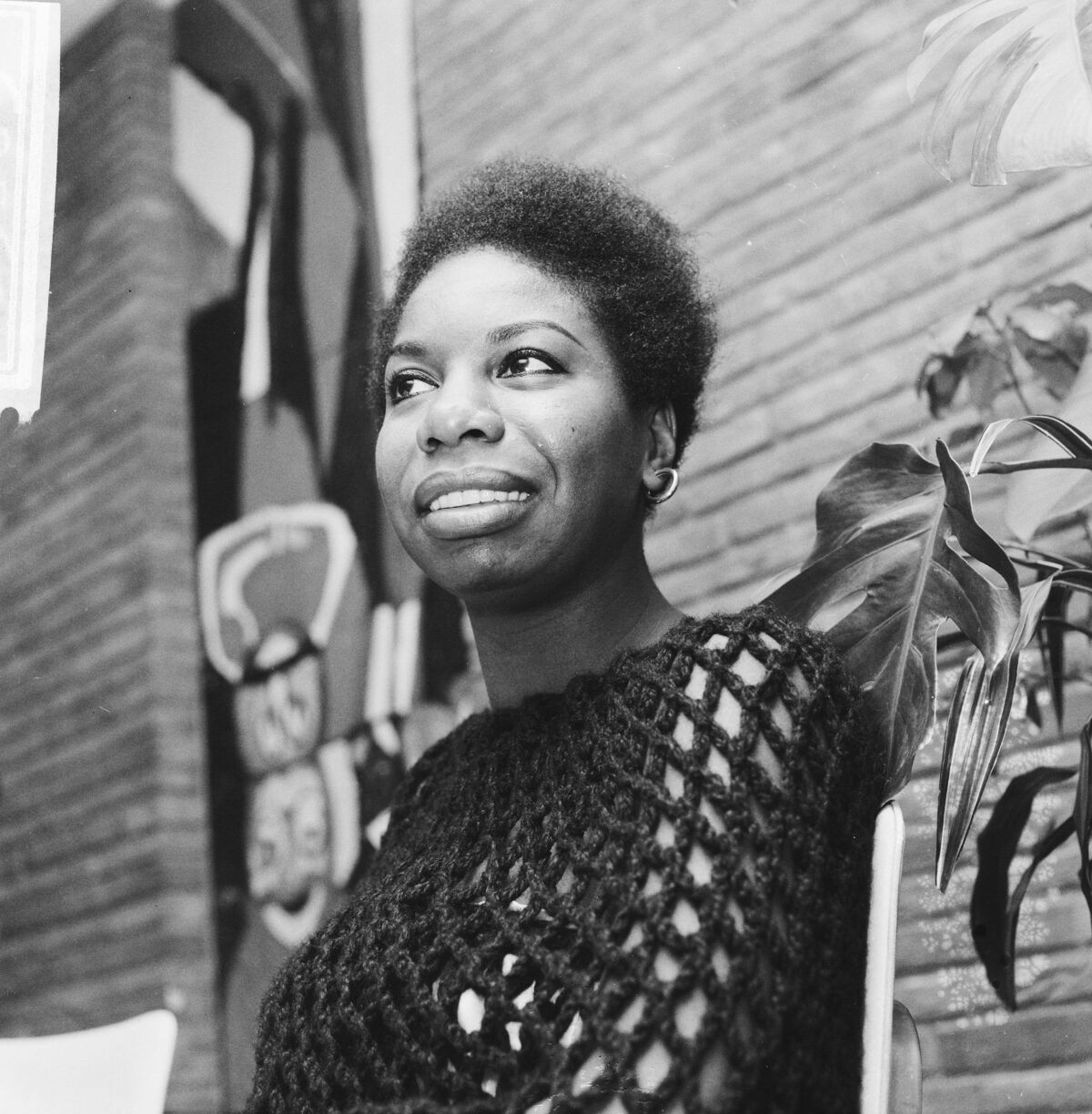Our neighbors in Witherspoon at the African American Cultural Center have debuted a new musical exhibit “HERMonies” that features songs from 10 black woman who have used their music to advance social movements. The full playlist can be found at the above link, but here I’d like to take a more historical look at the two oldest songs on the playlist, “Strange Fruit” and “Mississippi Goddamn.”
Strange Fruit
Billie Holiday is the oldest artist on the playlist by some distance, she was one of the bigger stars of the late Jazz age, having a consist trail of hit records throughout the 30s and 40s. Most artists from this era have slowly faded from memory, but Billie Holiday has kept her immediacy through one song, “Strange Fruit,” from 1939.
The song is well known by now, and if you aren’t familiar now would be the time to listen. The song is built around an extended metaphor between lynching victims and a fruit crop. It’s short, aggressively symbolic, and even 90 years later, intense.
It’s nothing short of a miracle that this song was ever released, much less that it became Holiday’s best selling record within her lifetime. Outside of the basic subject matter being outside the comfort zone of middle America, the song had numerous barriers to entry.
The original poem was written by a member of the Communist Party, which was a deal breaker at the time, and Holiday’s original rendition landed at an extremely hush-hush time for black liberation in America. In media, the Hays code kept any subversive depictions of black life to a minimum, and in politics the Southern Filibuster on discussions of race held a lock on the Roosevelt administration.
All this to say that, in 1939, jazz music was more or less the only venue for this kind of message to be disseminated. White America, then as now, was obsessed with black music, but uncomfortable with its more radical messaging. Nonetheless, Holiday’s star power and headstrong determination to turn “Strange Fruit” into a song was able to bypass the censorship of the 30s. In the words of the New York Post (thanks to Wikipedia for pulling a good quote for once), “If the anger of the exploited ever mounts high enough in the South, it now has its Marseillaise.”
Mississippi Goddamn
Nina Simone is one of the most singular artists of her era. Since her childhood in Tryon, North Carolina, she was a near divinely gifted classical pianist. and when she was denied entry to the Curtis Institute conservatory on account of her race and gender, she turned to Pop music to finance a private education. What started out as a side hustle made Simone famous for a sophisticated mix of showtunes, jazz standards, and folk hits.
Simone was never far away from political activism, even recording a version “Strange Fruit,” for her album “Pastel Blues” (which is incidentally one of the best albums ever made). However, after the assassination of MLK, Simone’s relationship to her fame and popularity in “polite society” quickly soured. She wanted to say exactly how she felt, and so she ditched her usual cast of songwriters and wrote “Mississippi Goddamn” for herself.
If “Strange Fruit” was a risk in 1939, “Mississippi Goddamn” was a declaration of war. The expectation of the time was for Civil Rights activists to watch their tone, stay polite, and be as “respectable” as possible. Mississippi goddamn, by contrast, is a full scale indictment of the nation that holds no punches.
The original performance of this in Carnegie Hall was luckily recorded and is the strongest version. Simone at once recognized the suffering of the last several years while reveling in the freedom of not mincing words. Her wistful mourning of Dr. King’s death is minced with genuinely funny and sharp ad libs like “I ain’t about to be non-violent now honey” and my personal favorite “This is a showtune, but the show hasn’t been written for it yet.”
The song’s actual lyrics are just as incisive. Her most powerful tool is the unabashed naming of names. The phrase “Everybody knows about Mississippi, goddamn,” explicitly calls out the white moderate aversion to angering the South. Simone’s other main callout, often edited out, is a charge against Lulreen Wallace, the white supremacist governor of Alabama and wife of presidential candidate George Wallace. Lulreen is somehow still occasionally discussed as a trailblazing women of the era.
Simone also refuses to give a hopeful bent to her lyrics, as was the expectation of quiet folksy ballads like “We Shall Overcome,” that inspired the sympathies of white listeners and topped the charts. Instead she charges that “My country is full of lies, we’re all gonna die and die like flies.” Given this commitment to telling the truth, it seems fitting to let Simone’s last words in the song be the last words of this article
“You don’t have to live next to me
Just give me my equality
Everybody knows about Mississippi
Everybody knows about Alabama
Everybody knows about Mississippi Goddam
That’s it!”

